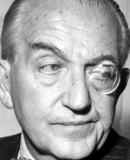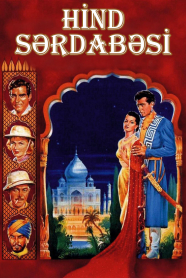
Fritz Lang
Fritz Lang
Director, screenwriter, producer, actor, video editor
Friedrich Christian Anton "Fritz" Lang (December 5, 1890 – August 2, 1976) was an Austrian-German-American filmmaker, screenwriter, and occasional film producer and actor. One of the best-known émigrés from Germany's school of Expressionism, he was dubbed the "Master of Darkness" by the British Film Institute. Lang's most famous films include the groundbreaking futuristic Metropolis (1927) and the also influential M (1931), a film noir precursor that he made before he moved to the United States. Lang's writing stint was brief, as he soon started to work as a director at the German film studio UFA, and later Nero-Film, just as the Expressionist movement was building. In this first phase of his career, Lang alternated between films such as Der Müde Tod ("The Weary Death") and popular thrillers such as Die Spinnen ("The Spiders"), combining popular genres with Expressionist techniques to create an unprecedented synthesis of popular entertainment with art cinema. In 1920, Lang met his future wife, the writer Thea von Harbou. She and Lang co-wrote all of his movies from 1921 through 1933, including Dr. Mabuse, der Spieler (Dr. Mabuse the Gambler; 1922), which ran for over four hours in two parts in the original version and was the first in the Dr. Mabuse trilogy, the five-hour Die Nibelungen (1924), the famous 1927 film Metropolis, and the science fiction film Woman in the Moon (1929). On February 8, 1960, Lang received a star on the Hollywood Walk of Fame for his contributions to the motion picture industry, located at 1600 Vine Street. Lang died from a stroke in 1976 and was interred in the Forest Lawn – Hollywood Hills Cemetery in the Hollywood Hills of Los Angeles.
For more information press the link below:
https://en.wikipedia.org/wiki/Fritz_Lang
